 In an editorial entitled "J.K. Rowling may own Harry's world, but we own her words now," Tuesday's Times of London (©News Corp.) offered this take on the issue:
In an editorial entitled "J.K. Rowling may own Harry's world, but we own her words now," Tuesday's Times of London (©News Corp.) offered this take on the issue: "A generation has now grown up besotted (©Milton) with Quidditch and Hogwarts. However, it is not astonishing that J.K. Rowling is using a court case to remind the writers of a zany (©Shakespeare) Harry Potter lexicon, now making the jump from cyberspace (©William Gibson) to print, that it is not common property and she did invent it all. She may succeed in persuading the court that her copyright is violated by some parts of the proposed encyclopedia. Indeed, she may have a respectable commercial case, but not much of a cultural one. However, unless she employs a mole (©le Carré) to oversee our every conversation and written exchange, she should not try to suppress a collection of her invented words. For Voldemort, Muggles, Horcruxes and all Rowling's other serendipitous (©Walpole) coinages are ours now; it would be pig-headed (©Jonson) not to let us use them as we wish."
English is so full of the neologisms of authors that if we had to credit each one, we would assassinate (©Shakespeare) our prose, and make readers chortle (©Carroll) mightily. Without being didactic (©Milton), Rowling can be assured that she is in good company in contributing words, gratis, to the language. The best she should hope for is that her words become as widely adopted as those of other authors. Perhaps the highest honour has been bestowed on the quark (©Joyce), used as the name for a sub-atomic particle. As there are quarks across the Universe, Joyce may be our most disseminated author. Rowling should be proud if Doxies, Thestrals or Butterbeer make it as far as a lexicon."
And, I agree.
And continuing, this from Wednesday: The third and final day of the trial regarding publication of an unauthorized Harry Potter book reached its dramatic conclusion when J.K. Rowling testified again and displayed "a flash of anger," according to today's New York Times. Rowling said that if the judge allowed the Harry Potter Lexicon to be published, "I believe the floodgates will open. Are we the owners of our own work?''
The Times observed that "lawyers on both sides of the Lexicon case appeared to be resolved to continue the litigation, although they revealed they have settled some sections of the suit that were not central to the copyright infringement claim."
Interesting.



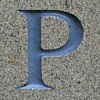
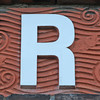
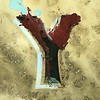
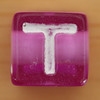
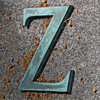
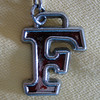
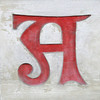
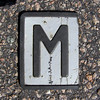
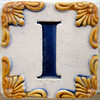

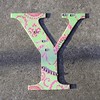
2 comments:
Nicely put.
you quoted
lawyers on both sides of the Lexicon case appeared to be resolved to continue the litigation
you bet they are -- I'll refrain from using the words I'd like to use since I fear I'm unable to foot their fees!
Post a Comment